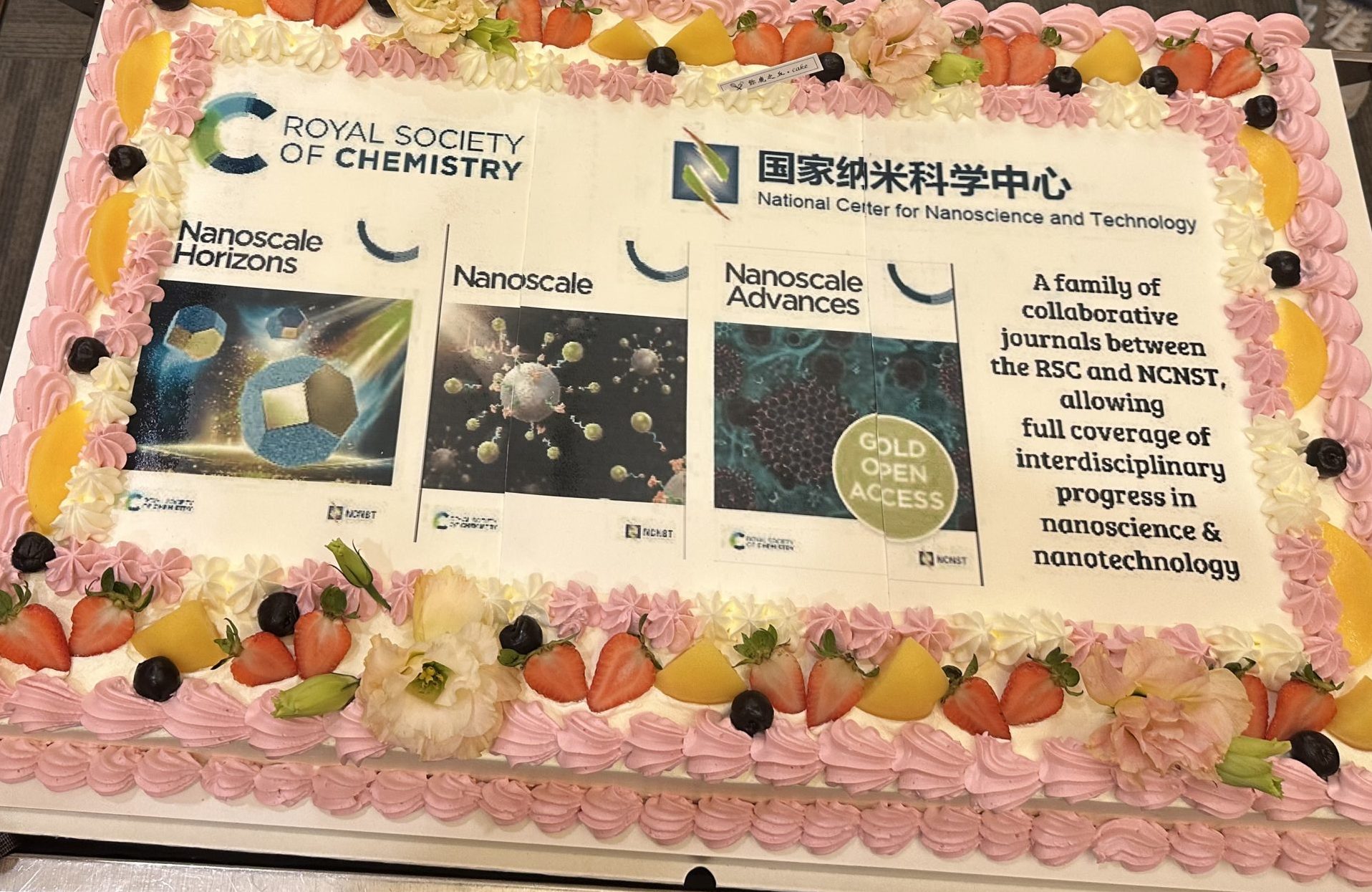
After a four year hiatus, the highly anticipated 9th International Conference on Nanoscience and Technology, China (ChinaNANO 2023) was successfully held in Beijing on August 26-28. The Royal Society of Chemistry not only set up a booth at the conference, but also held a number of events during the meeting including the appointment ceremony of Editors-in-Chief for Nanoscale and Nanoscale Advances, award ceremony for outstanding reviewers, a Nanoscale journal symposium and other activities.
Appointment Ceremony
Professor Chunli Bai, Honorary Editor-in-Chief
Professor Chunli Bai from the Institute of Chemistry, Chinese Academy of Sciences CAS, was appointed Honoray Editor-in-Chief for the journals Nanoscale and Nanoscale Advances. Professor Chunli Bai was thanked for his continuous work with the Royal Society of Chemistry for the past 14 years, during which he served as one of the inaugural Editor-in-Chiefs for these two journals. We look forward to working with him in this new role.
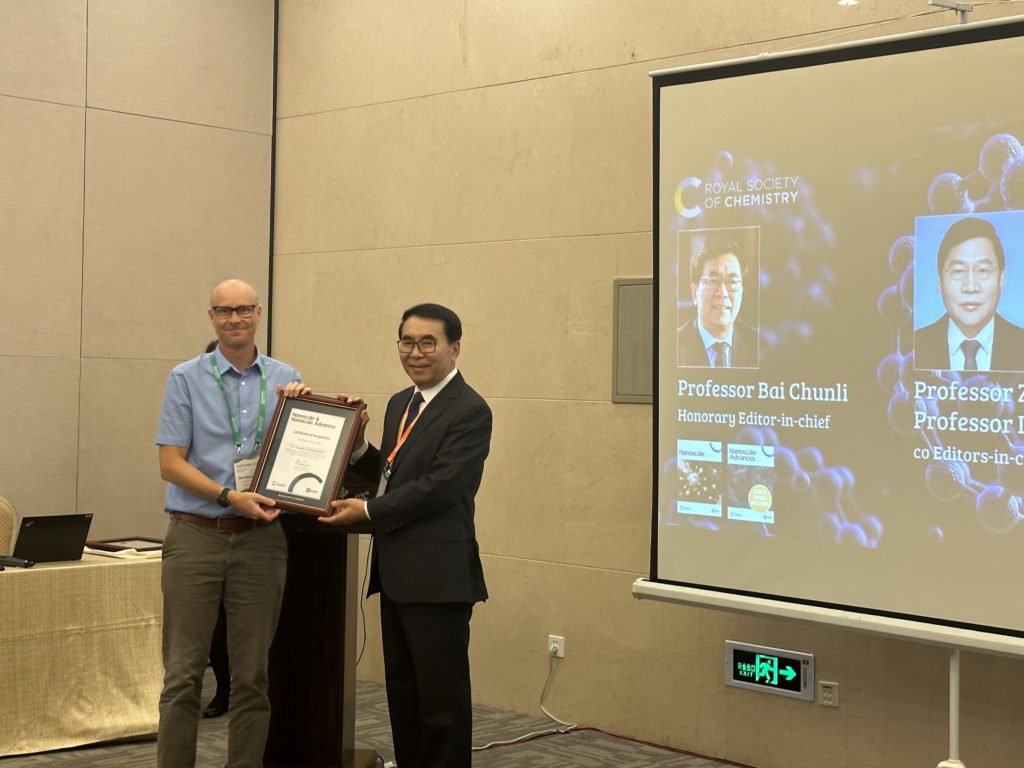
Publisher Dr Neil Hammond presents Prof Chunli Bai with a certificate of recognition from the journals Nanoscale and Nanoscale advances.
Professor Yue Zhang, new Editor-in-Chief
Professor Yue Zhang from the University of Science and Technology Beijing, was appointed as a new Editor-in-Chief for the journals Nanoscale and Nanoscale Advances. He will work alongside Proffesor Dirk Guldi – the founding and current Editors-in-chief of the journal, on the future developments of these two journals.
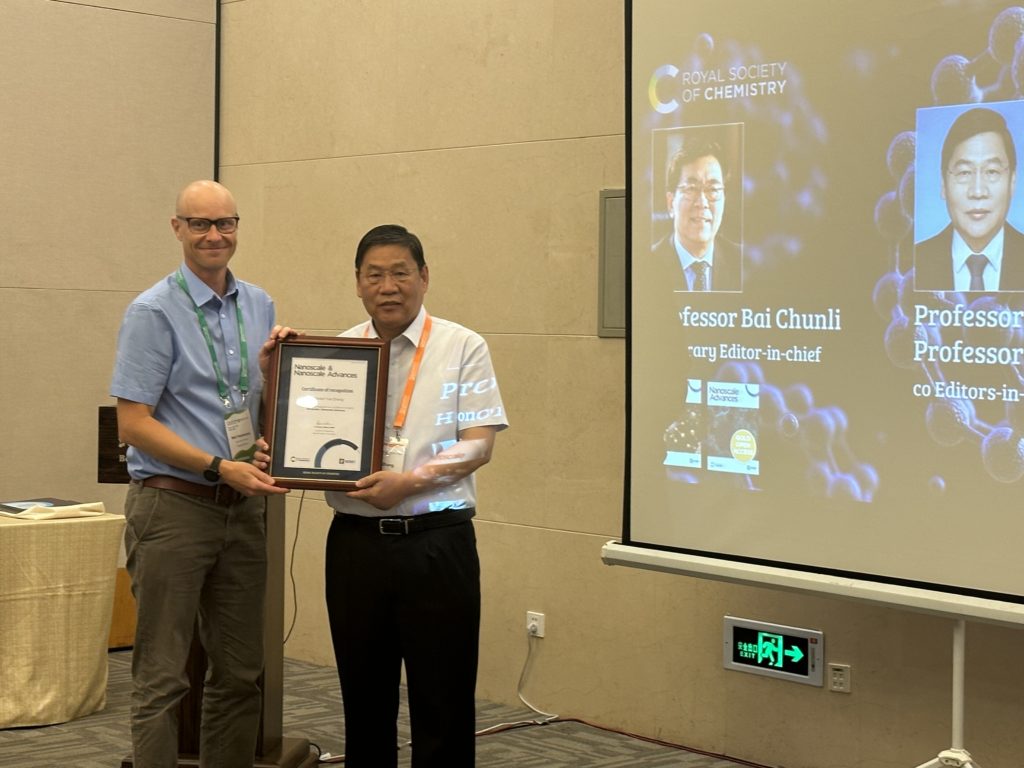
Publisher Dr Neil Hammond presents Prof Yue Zhang with a certificate of recognition from the journals Nanoscale and Nanoscale advances.
Cake-cutting Ceremony
We held a cake-cutting ceremony to honour our Editors-in-chief and to celebrate the success of the Nanoscale journal series and the ongoing collaboration with the National Center for Nanoscience and Technology (NCNST) of China.
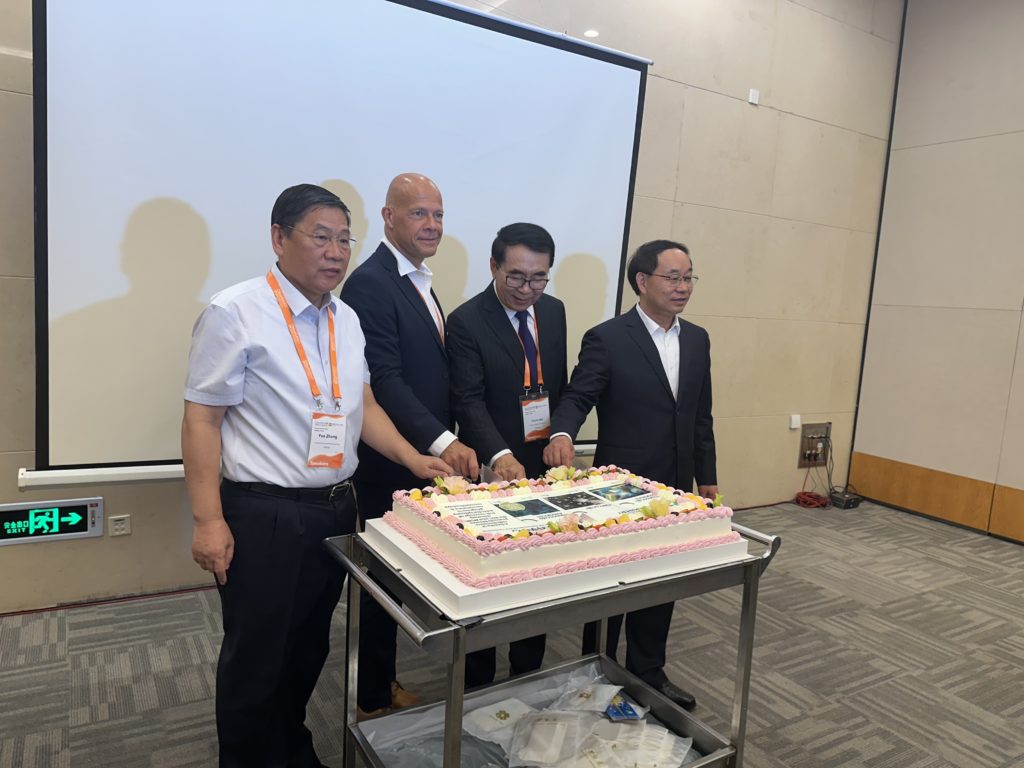
(From left to right) Professor Yue Zhang, Professor Dirk Guldi, Professor Chunli Bai and Professor Yuliang Zhao cut the celebration cake together.
RSC nanoscale journals symposium
The RSC Nanoscale Journals Symposium was held as a half-day symposium with talks from distinguished board members and authors of Nanoscale Horizons, Nanoscale, and Nanoscale Advances to showcase their exceptionally high quality and exciting research work. Below we have included the list of talks given by speakers from around the world who shared their research on a broad range of topics across nanoscience:
Adaptive down- and up-conversion
Professor Dirk Guldi (Friedrich-Alexander-Universität Erlangen-Nürnberg, Germany)
Developing diamond-based orientation sensing for cell mechanics study
Professor Quan Li (The Chinese University of Hong Kong, Hong Kong)
Exploration of redox-active and superionic properties in 2D nanosheets and assemblies
Professor Renzhi Ma (National Institute for Materials Science (NIMS), Japan)
Chemical and Biophysical Signatures of the Protein Corona in Nanomedicine
Professor Chunying Chen (National Center for Nanoscience and Technology of China, China)
Controlling endothelial function as a new therapeutic path for bionanotechnologies
Dr David Leong (National University of Singapore, Singapore)
Ferritin, a novel drug carrier
Professor Xiyun Yan (Institute of Biophysics, Chinese Academy of Sciences, China)
Real-time and In-situ Probing Contractile Forces of Cardiac Organoids
Professor Wenlong Cheng (Monash University, Australia)
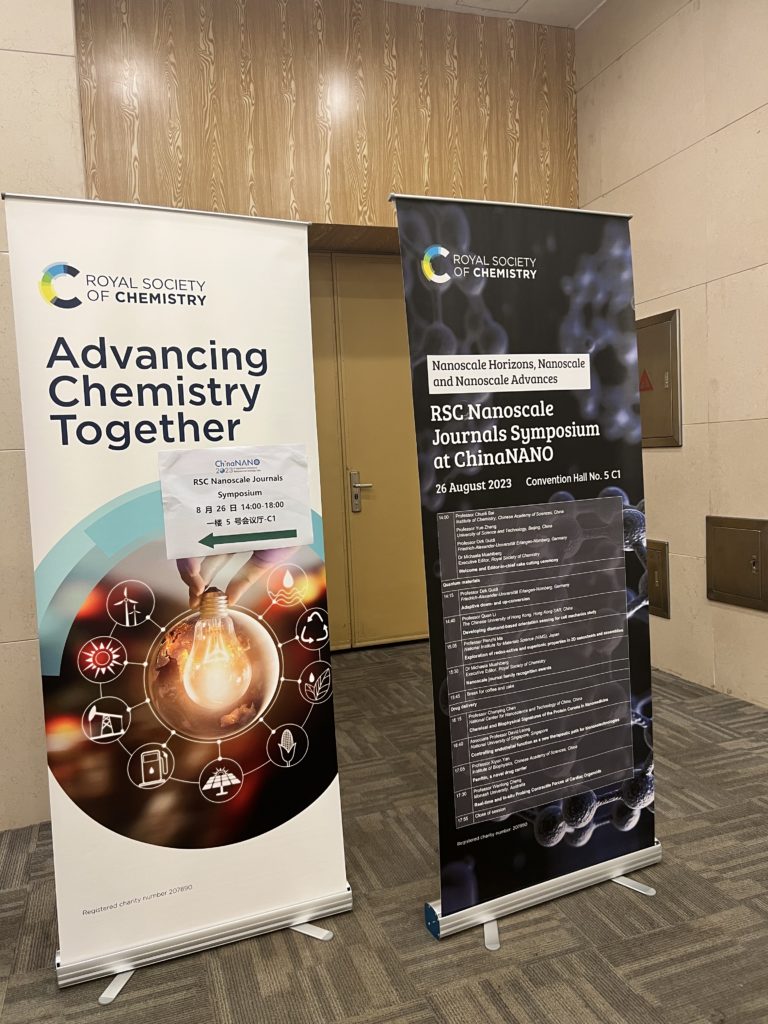
Banners for RSC Nanoscale Journals Symposium at ChinaNANO2023
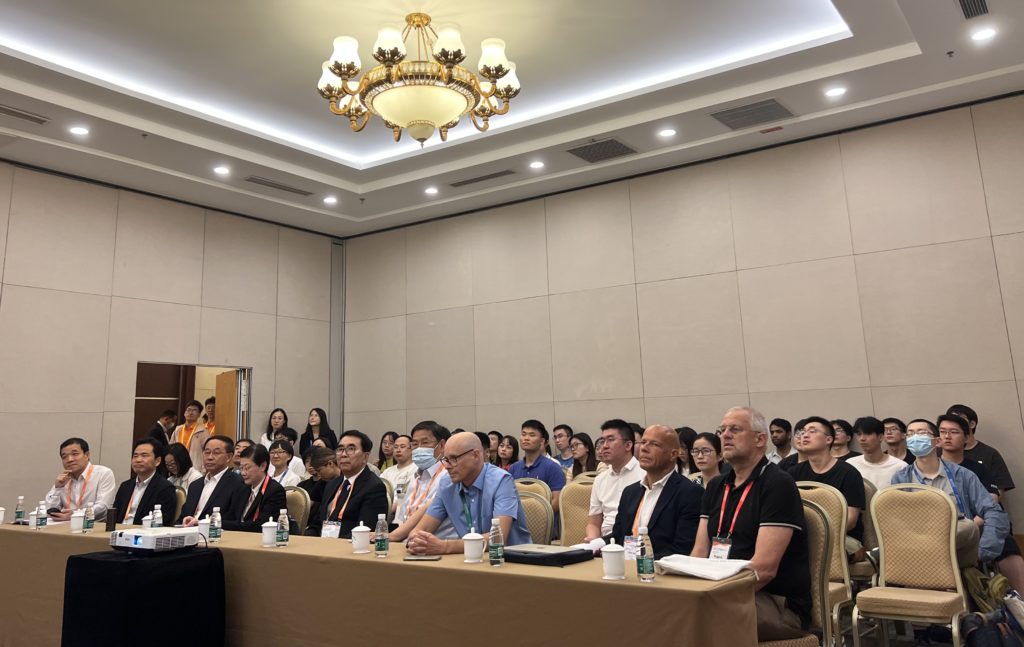
Photo of attendees of RSC Nanoscale Journals Symposium at ChinaNANO2023
Celebrating our outstanding reviewers
During the RSC Nanoscale Journals Symposium, we presented certificates to some of Nanoscale and Nanoscale Advances outstanding reviewers, including Peng Huang (Shenzhen University), Tierui Zhang (Technical Institute of Physics and Chemistry, Chinese Academy of Sciences), Zuankai Wang (City University of Hong Kong), Zhicheng Zhang (Tianjin University), Qiang Zhang (Tsinghua University), Hongjin Fan (Nanyang Technological University), Juewen Liu (University of Waterloo), Aiguo Wu (Ningbo Institute of Industrial Technology, Chinese Academy of Sciences), Zhanjun Gu (Institute of High Energy Physics, Chinese Academy of Sciences), Huiyu Liu (Beijing University of Chemical Technology), and Hui Wei (Nanjing University). We were delighted to be able to thank our reviewers in person and present them with certificates to commemorate their incredible support of the journal.
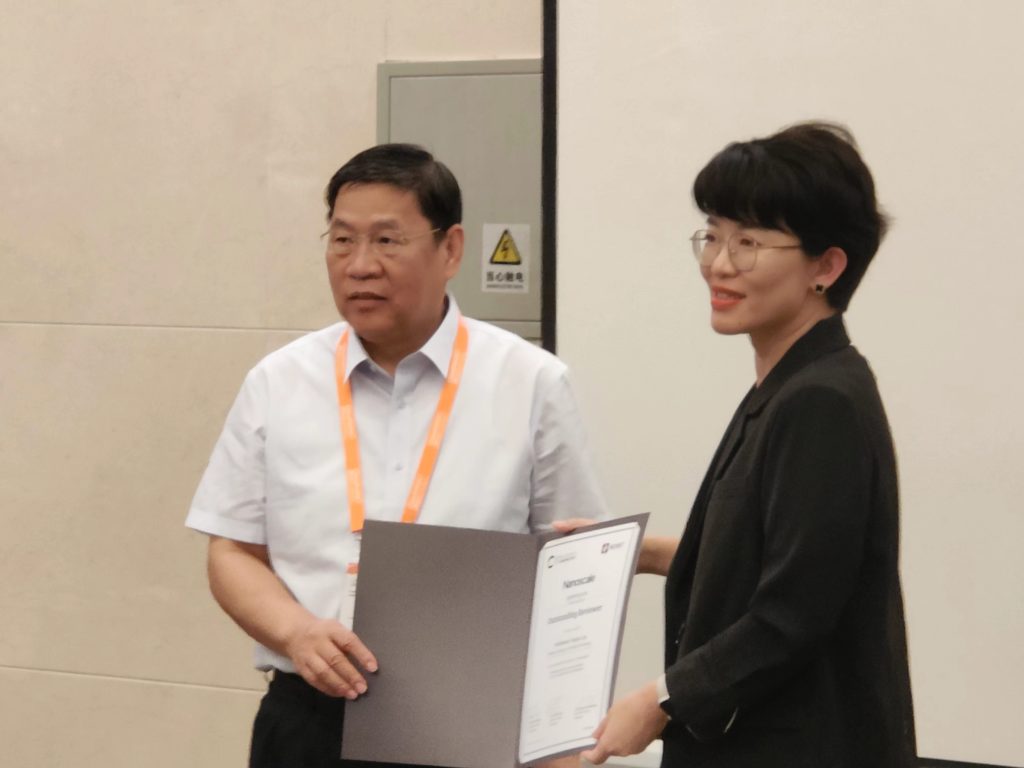
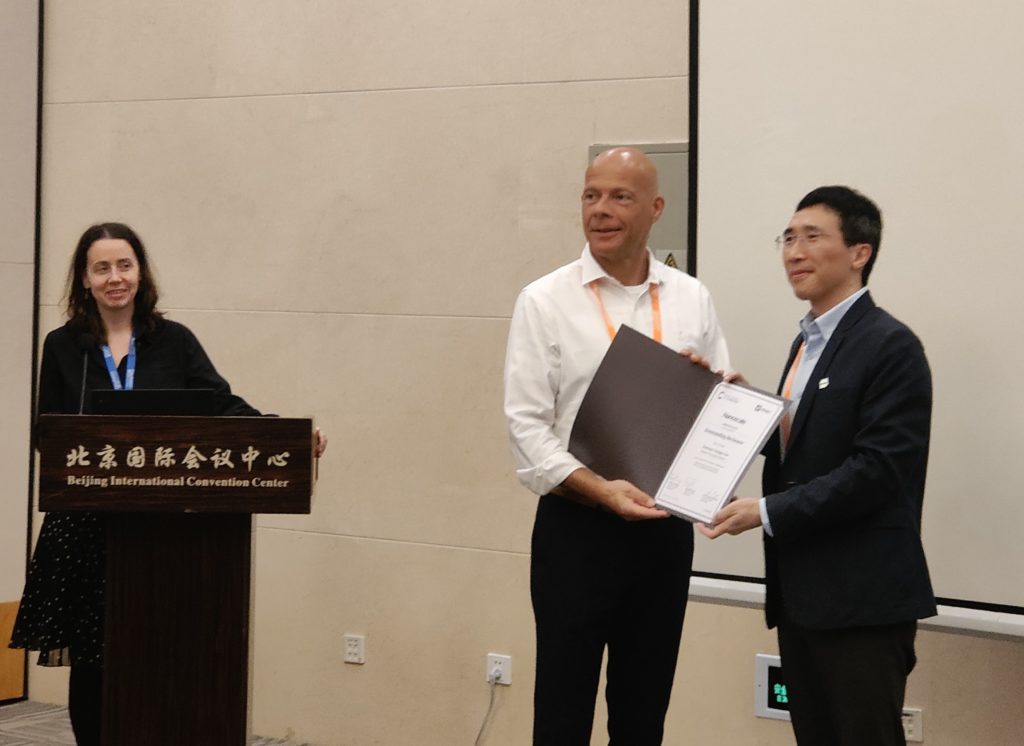
Thank you to everyone who attended our celebrations! We hope you enjoyed it as much as we did.












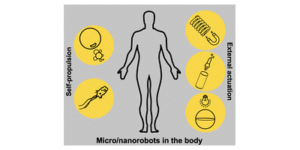
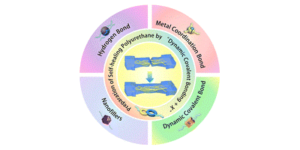
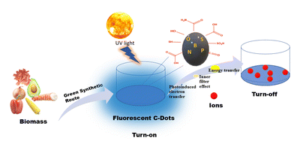
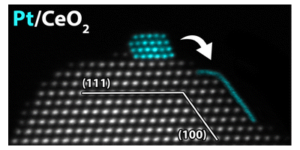
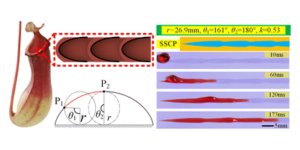
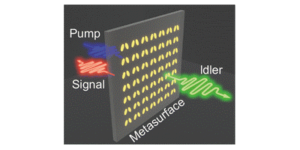
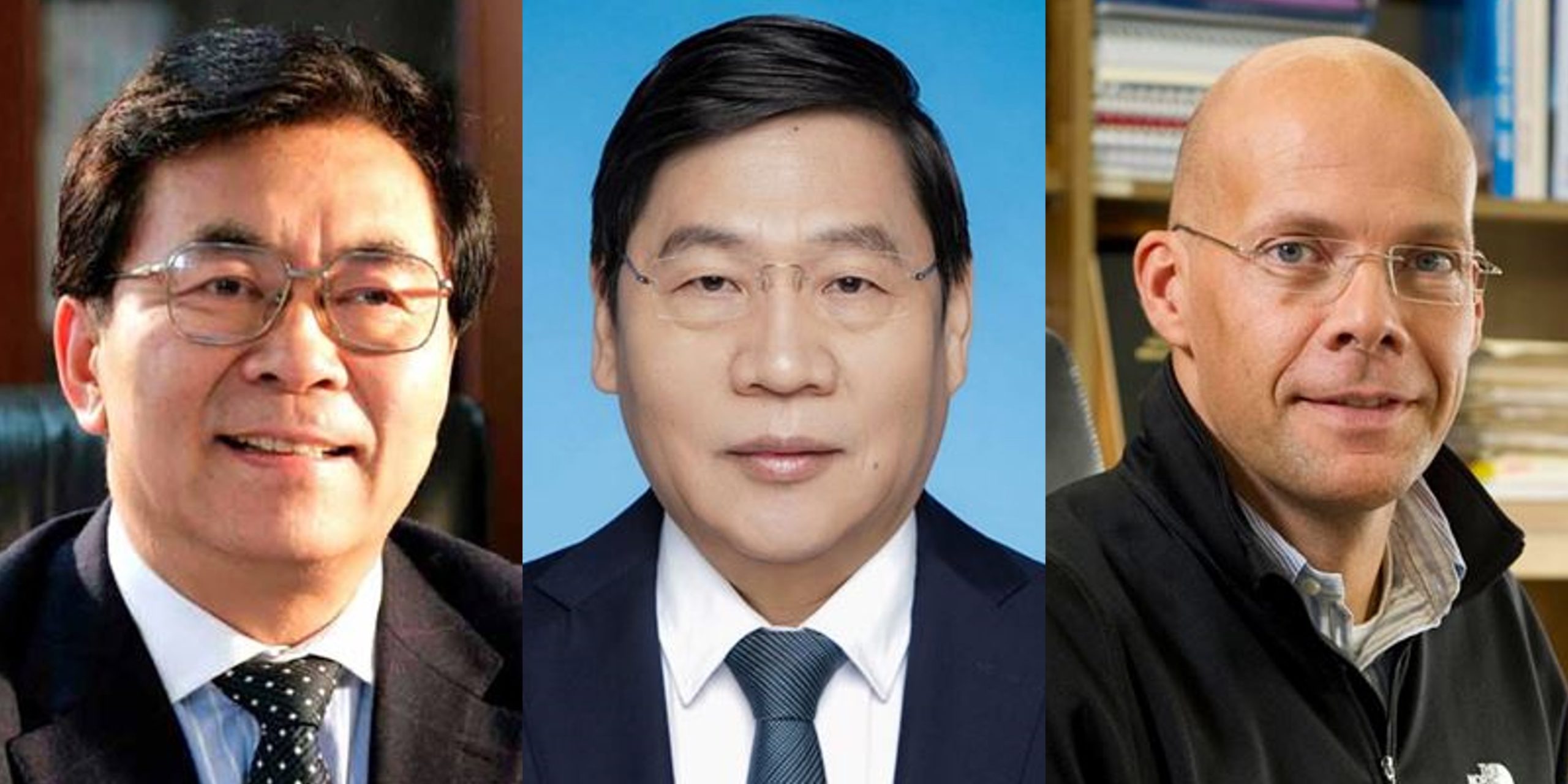








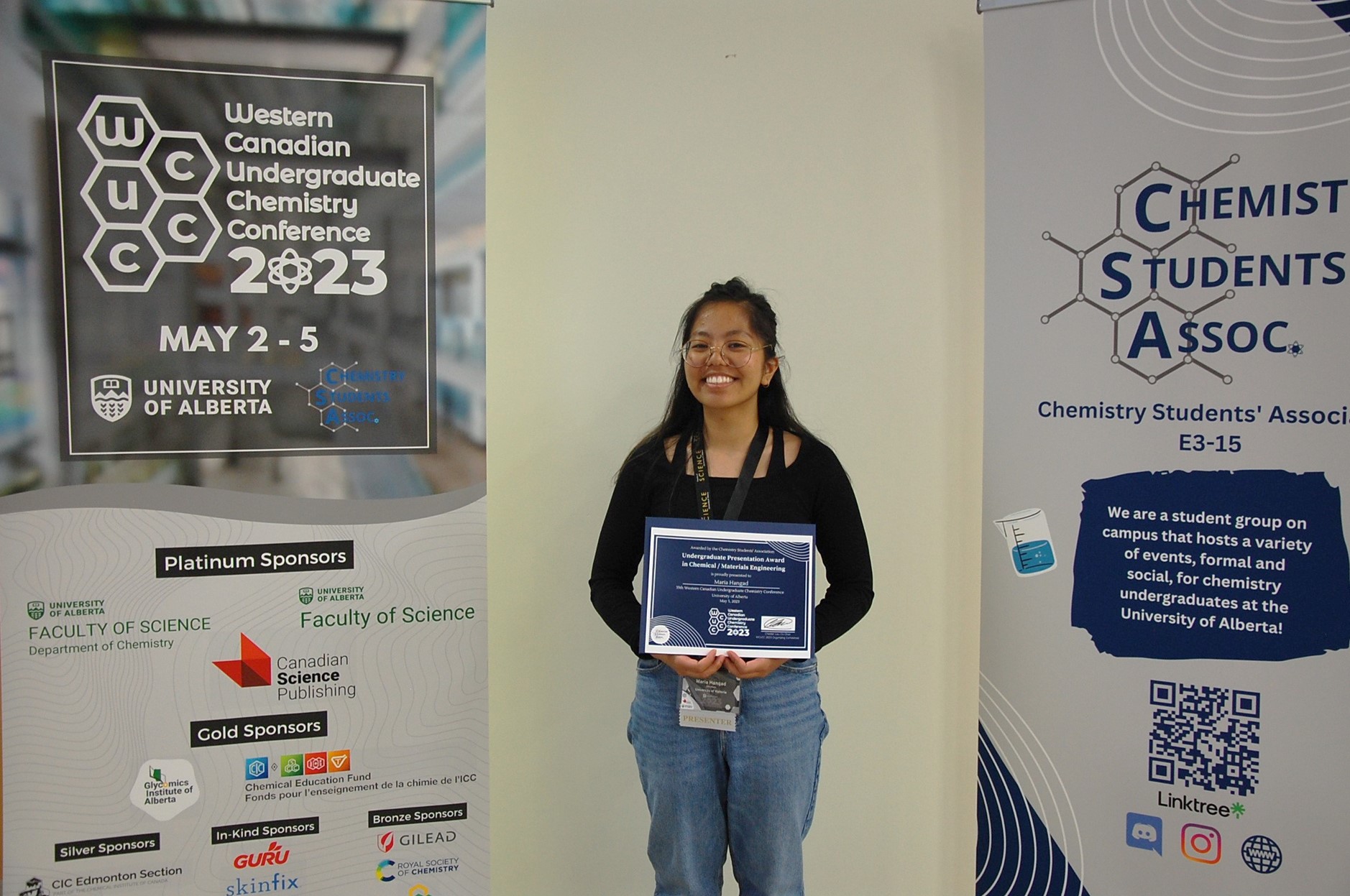
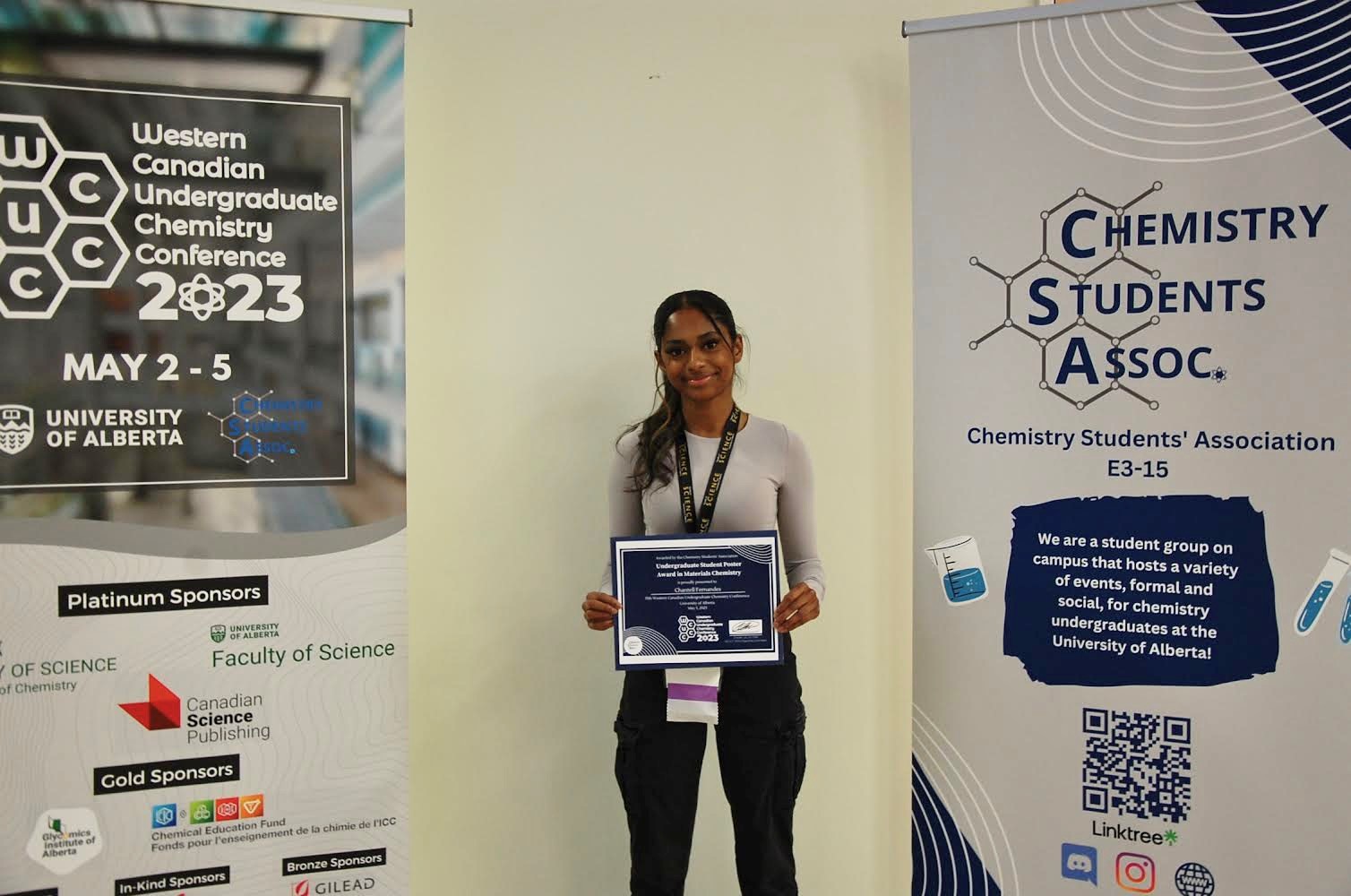

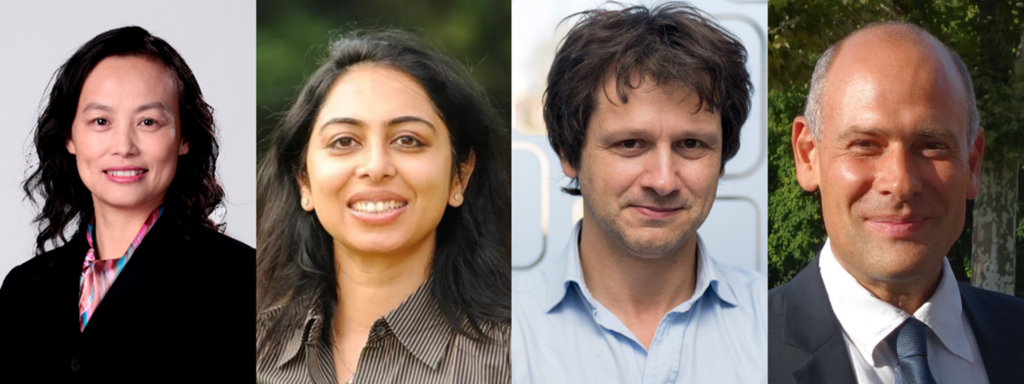
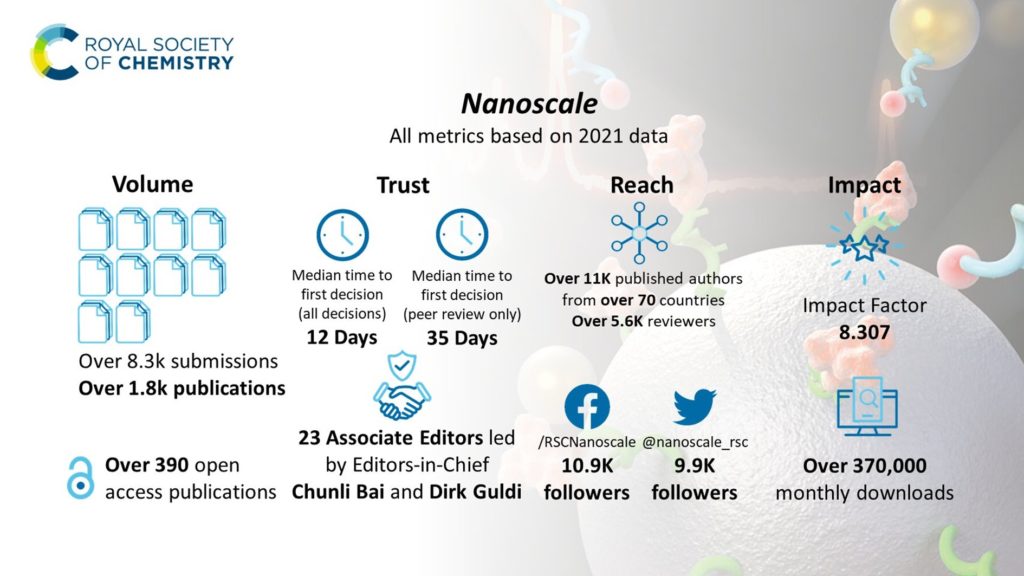

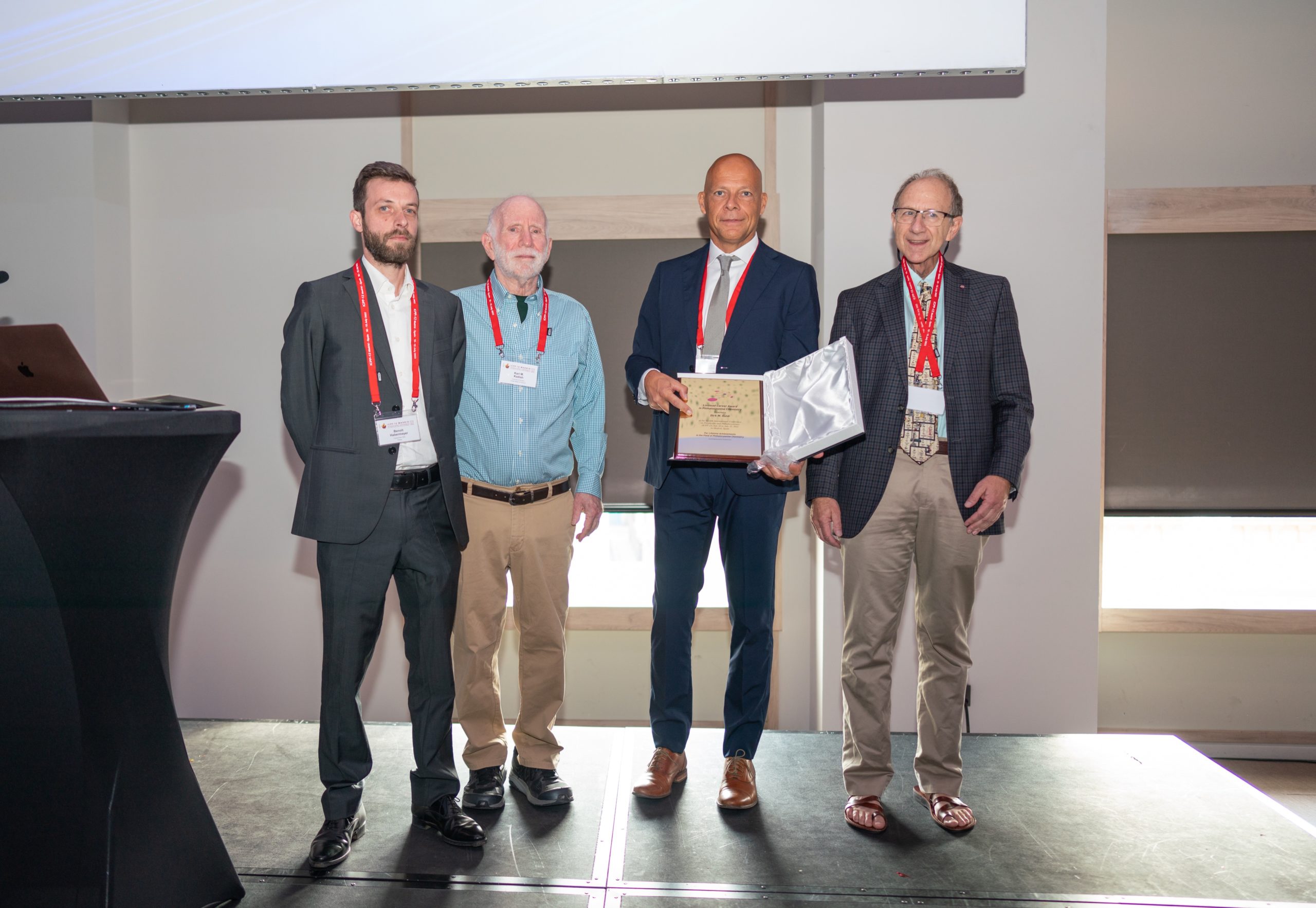
 Along with Professor Sun and Professor Zeng, we welcomed seven other new Nanoscale Advisory Board members in order to better represent the ever-increasing diversity of our authors and readers.
Along with Professor Sun and Professor Zeng, we welcomed seven other new Nanoscale Advisory Board members in order to better represent the ever-increasing diversity of our authors and readers.